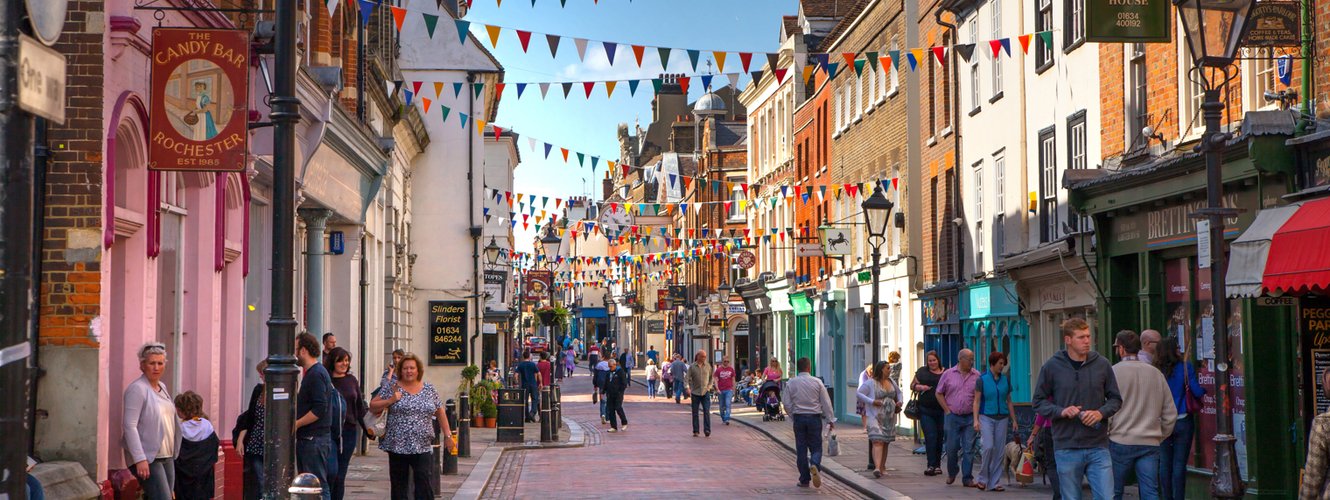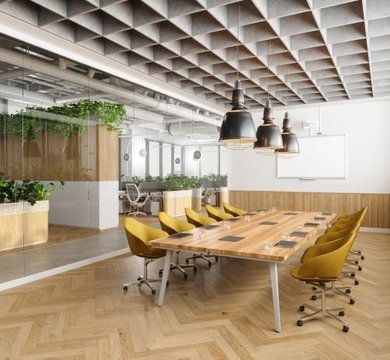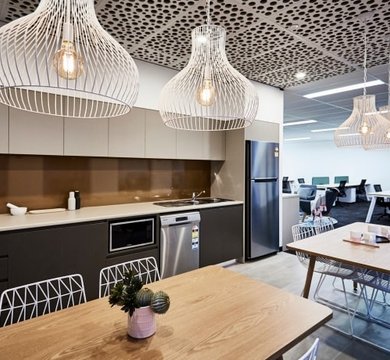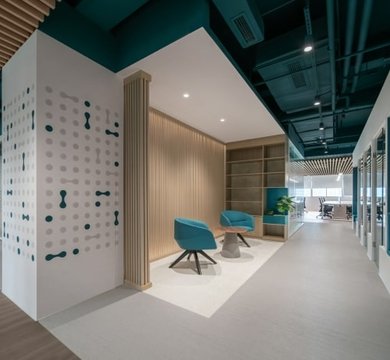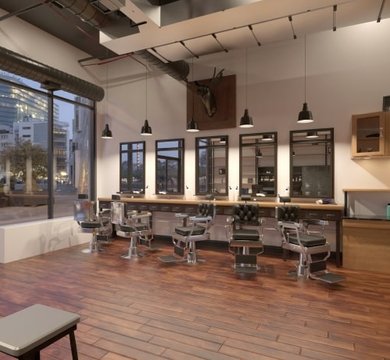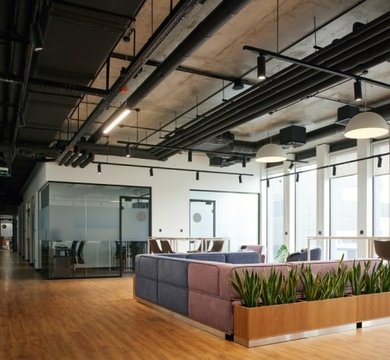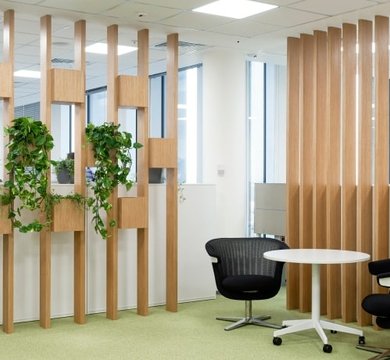The news that Arcadia – the company behind chains such as Top Shop, Miss Selfridge and Dorothy Perkins – is staving off administration will not have gone unnoticed among other High Street retailers. Although the headlines about store closures paint a subdued picture, they should not be read in isolation.
In the same week as Arcadia’s misfortunes, Amazon – the online retail giant – announced it was opening 10 pop-up shops in UK city centres with clever shop design, intended to support 100 small online businesses. The stores – catchily names Clicks and Mortar – will carry a diverse range of stock, including food, drink, electronics, homewares, and beauty products. They will also feature Amazon lockers, where purchasers can secure collect goods ordered online.
Amazon is not the only household name hoping to change the face of the High Street with the use of re-imagined shop fit-outs. Equally, as influential online giant eBay has already trialled a pop-up shop in Wolverhampton, while Ikea now had three city centre stores. The locations on Tottenham Court Road, Bromley High Street and Greenwich Millennium Way Retail Park allow people to pop in and plan their kitchen, bathroom, and bedroom, buy small items and even visit an in-house learning lab, which demonstrates to customers how they can grow their own food, upcycle and live a more sustainable life.
It’s evident that the new face of the High Street will feature a cross-over from online to physical stores, as well as retailers being able to give customers a tangible experience – be that advice, workshops or even an immersive journey through virtual reality. You only have to look at Primark’s megastore opening in Birmingham for the perfect example, where customers can use interactive tables in a Disney-theme café, receive treatments in a beauty salon, use dozens of in-shop phone charging points and tap into free wifi.
It really is a case of ‘as one door closes’, proving there is life in the British High Street yet.

